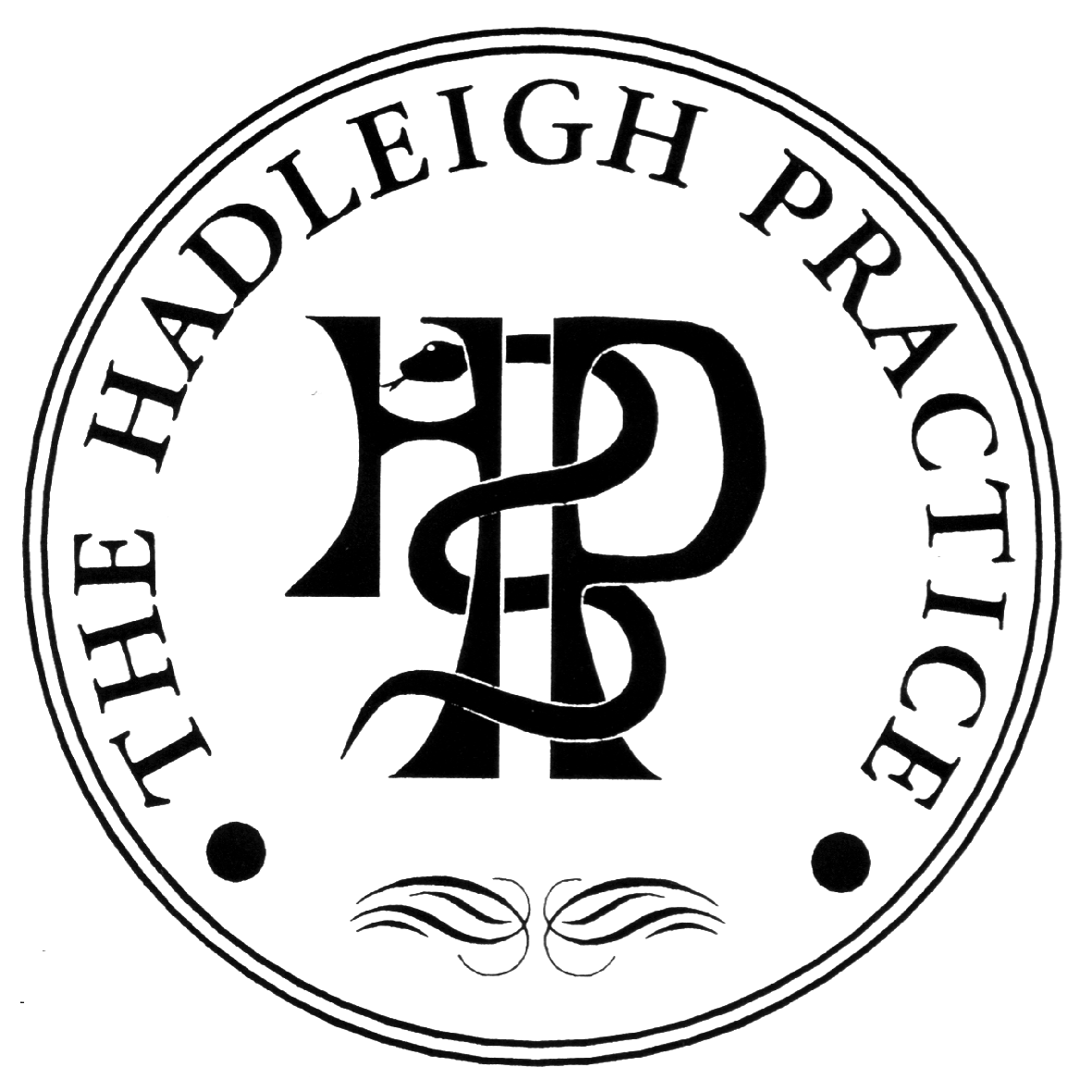We use cookies to help provide you with the best possible online experience.
By using this site, you agree that we may store and access cookies on your device. Cookie policy.
Cookie settings.
Functional Cookies
Functional Cookies are enabled by default at all times so that we can save your preferences for cookie settings and ensure site works and delivers best experience.
3rd Party Cookies
This website uses Google Analytics to collect anonymous information such as the number of visitors to the site, and the most popular pages.
Keeping this cookie enabled helps us to improve our website.
Sound advice
November is upon us, and with it comes the seasonal surge in cough and cold viruses. Most of us will recognise the common cold, know that we simply have to ride it out, and try to keep ourselves to our snotty selves as we do so. However, an associated presentation we often see in the surgery is the worried snotty person who has also noticed muffled hearing. What is going on here?
Hearing relies upon sound waves causing the ear drums to vibrate. This vibration is transmitted through a tiny chain of bones in the middle ear space to the Cochleae (our hearing organs) which convert that movement into electrical signals, sent on to the brain. To vibrate freely, the pressure either side of each ear drum needs to be equal. As the ear drums form an airtight seal, we need another route for airflow into the middle ear…
Enter the Eustachian tube, which connects the middle ear to the back of the nasal passages. It is usually in a collapsed state but allows mucus to slowly drain from the ear and will tranisiently open to allow equalistion of pressure (explains the ear popping experienced when flying). When we have a cold, and the nasal passages become congested, the eustachian tubes can become obstructed. This results in a pressure drop in the middle ear and imparied vibration of the ear drum. We experience this as a frustrating sense of pressure, dulled hearing and sometimes even mild tinnitus and dizziness.
So what should be done? Essentially nothing. Eustachian tube dysfunction secondary to a cold will get better within days to weeks. Short term use of a nasal decongestant spray or nasal steroid spray (available directly from any pharmacy) can speed up resolution but the muffled hearing, much like the cold, can be kept to yourself. Happy winter!
Dr Chris Humphrey
Published: Nov 3, 2025
